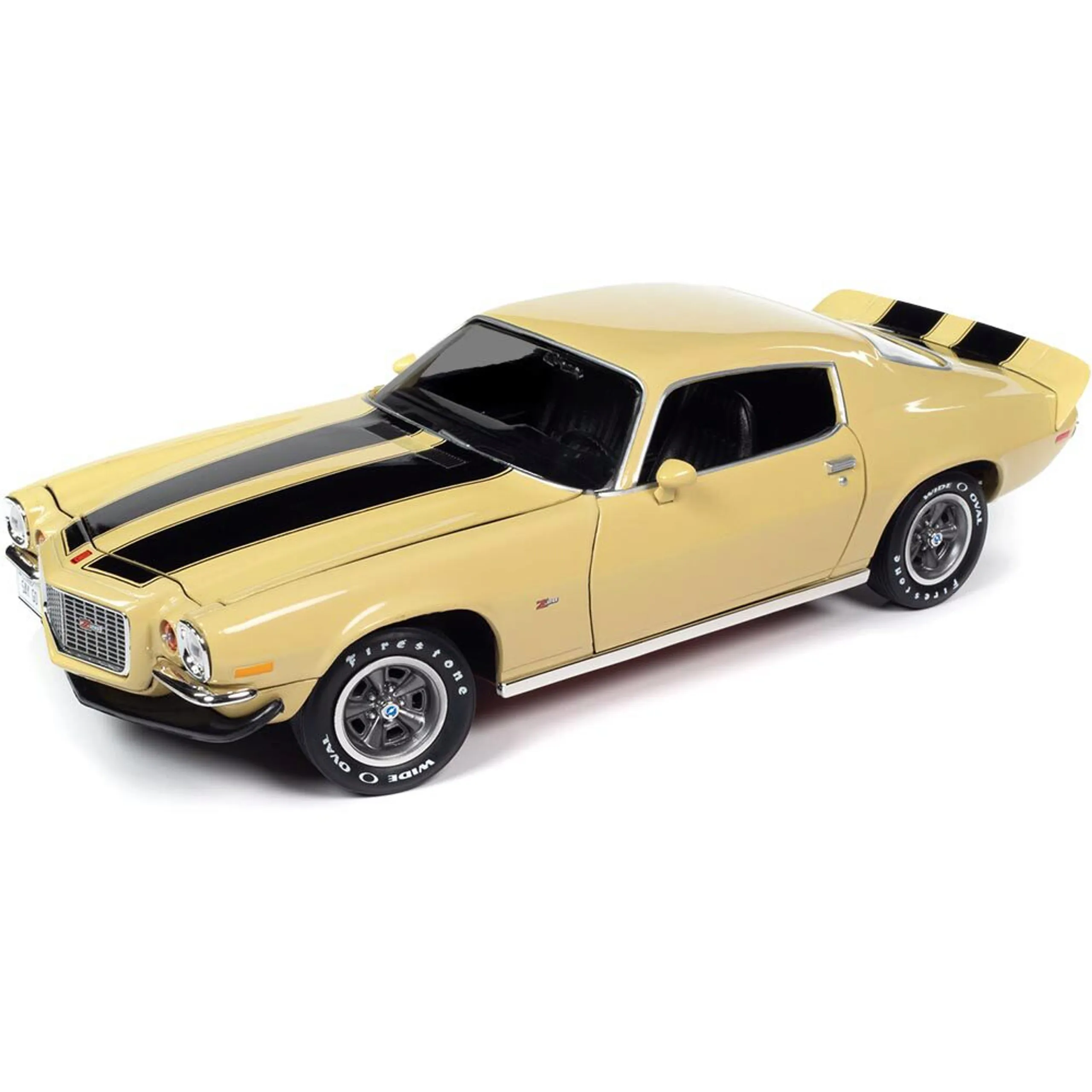What are Diecast Models?
Diecast models are miniature replicas of vehicles, primarily automobiles, made using a die-casting process. This involves pouring molten metal, typically zinc alloy, into molds to create highly detailed and accurate representations of real-life cars, trucks, and other vehicles. Diecast models are popular among collectors, hobbyists, and enthusiasts of all ages, offering a tangible connection to iconic vehicles and a way to appreciate automotive design and history. They come in various scales, from small matchbox cars to larger, highly detailed models, and can range in price from a few dollars to hundreds or even thousands, depending on the rarity, detail, and manufacturer.
The Allure of Diecast Models
The appeal of diecast models stems from several factors. For many, it is a nostalgic connection to childhood memories of playing with toy cars. For others, it’s the appreciation of craftsmanship and the intricate details that go into creating these miniature masterpieces. Diecast models allow collectors to own and admire vehicles they may never be able to afford in real life, or to celebrate specific cars that hold personal significance. The collecting aspect also adds to the allure, as enthusiasts seek out rare models, limited editions, and vehicles that represent different eras of automotive history. Diecast models also provide a tactile and visual experience that digital representations can’t match.
Popular Scales of Diecast Models
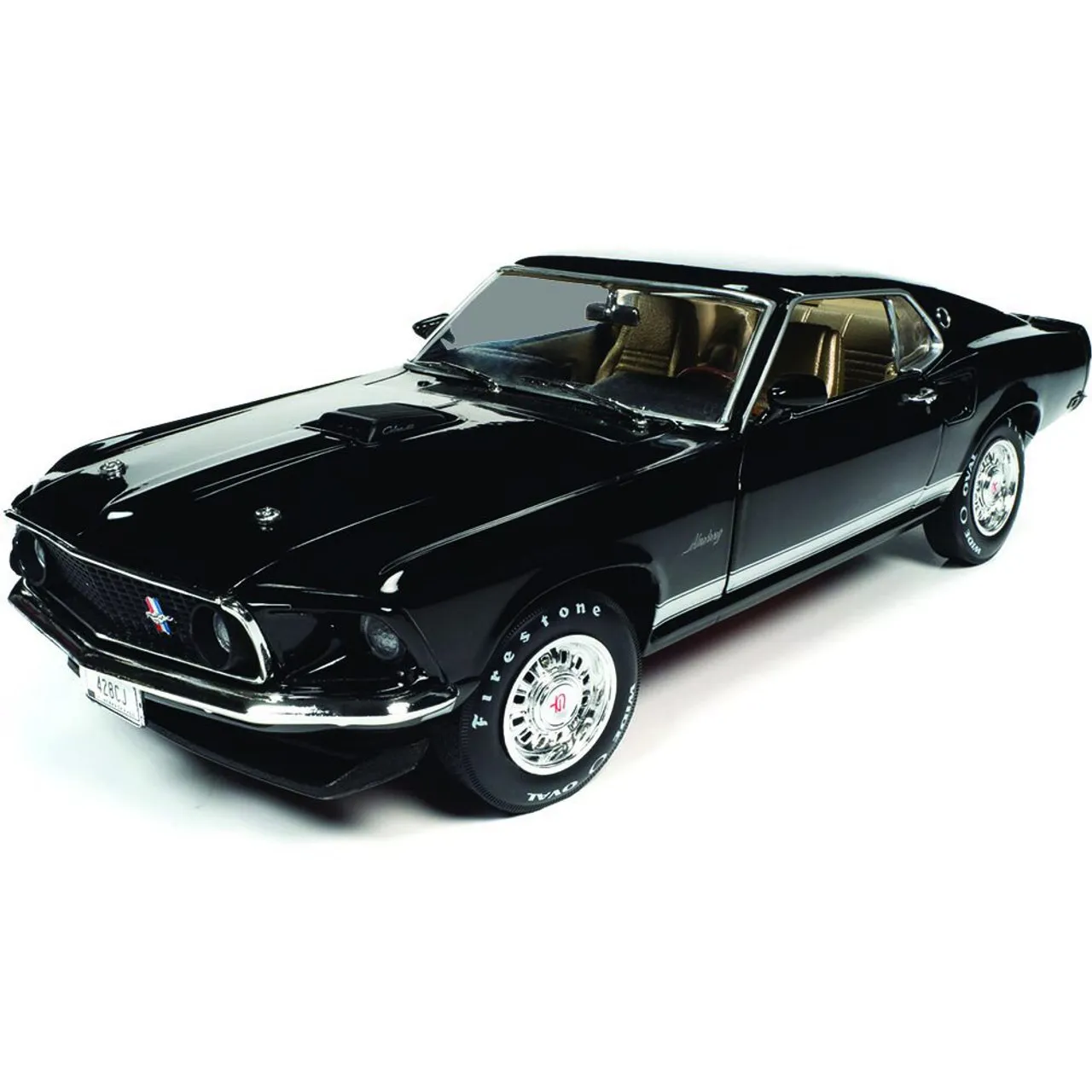
Diecast models come in various scales, each representing a different proportion of the real vehicle. The most common scales include 1:18, 1:24, 1:43, and 1:64. 1:18 scale models are larger and offer a high level of detail, making them popular for serious collectors. 1:24 scale models are slightly smaller but still offer a good balance of detail and size. 1:43 scale models are more compact and often used for displaying a wide variety of vehicles. 1:64 scale models, like Hot Wheels and Matchbox cars, are the smallest and most affordable, making them accessible to a broader audience. Other scales exist, catering to specific preferences and vehicle types, ensuring there is a model for every collector’s interest.
Why Visit a Diecast Model Store?
Visiting a diecast model store offers a unique experience that online shopping can’t replicate. You get to physically examine the models, assess their quality, and appreciate the details up close. Store owners and staff are often knowledgeable enthusiasts who can provide valuable insights, answer questions, and share their passion for diecast models. Diecast model stores are also community hubs, where collectors can connect with like-minded individuals, share their collections, and discover new models. The opportunity to browse a curated selection, discover rare finds, and support local businesses makes visiting a diecast model store a rewarding experience for any collector or enthusiast.
Benefits of Shopping Locally
Shopping at a local diecast model store offers several advantages over online retailers. Firstly, you get personalized service and expert advice from store owners and staff who are passionate about the hobby. Secondly, you can see and handle the models before purchasing, ensuring their quality and condition meet your expectations. Supporting local businesses strengthens the community, creates jobs, and keeps money circulating within your area. Furthermore, local stores often host events, club meetings, and offer opportunities to connect with other collectors, fostering a sense of community. Local stores also provide immediate gratification; you can take your new model home right away, without waiting for shipping.
Top 10 Amazing Diecast Model Shops Near You
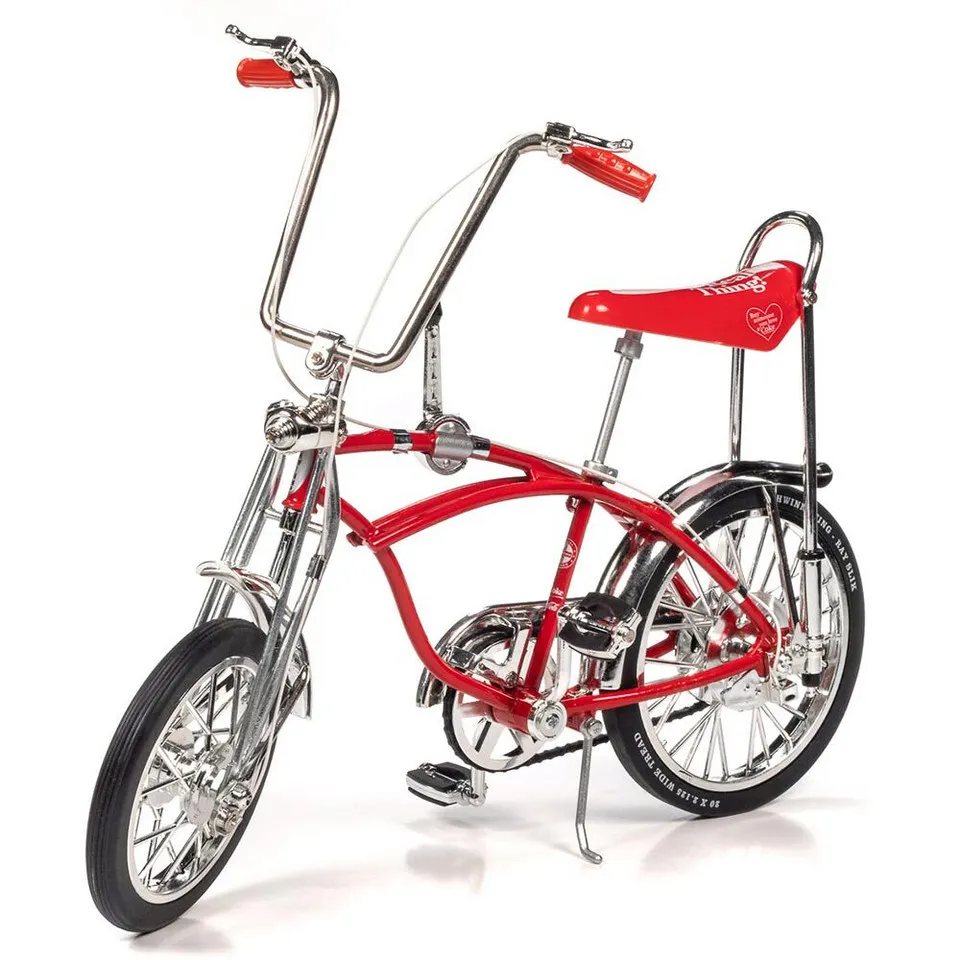
Finding the perfect diecast model store can be an exciting treasure hunt. Here’s a list to get you started (replace placeholders with actual shop names and details when possible). This list can be tailored to your specific location by using online search tools.
Shop 1 [Shop Name]
Description of Shop 1. Mention the store’s atmosphere, customer service, and any specializations.
Key Features
Highlight key features of Shop 1. Mention brands, scales, special offers, or unique aspects.
Shop 2 [Shop Name]
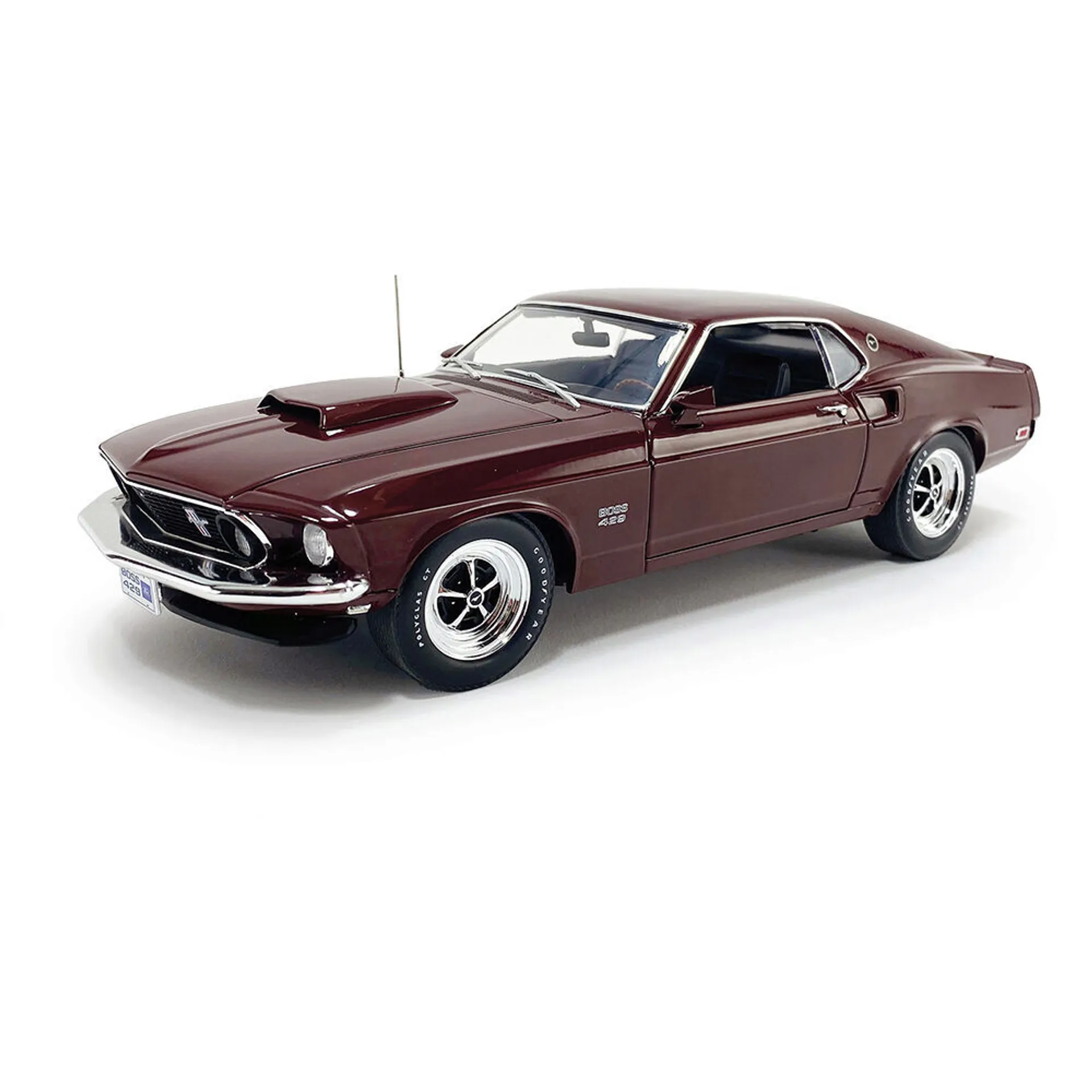
Description of Shop 2. Discuss its strengths, customer experience, and the range of models available.
Key Features
Detail the primary offerings of Shop 2. Emphasize any specialties or unique selling points.
Shop 3 [Shop Name]
Description of Shop 3. Note the ambience, customer interactions, and the store’s particular focus.
Key Features
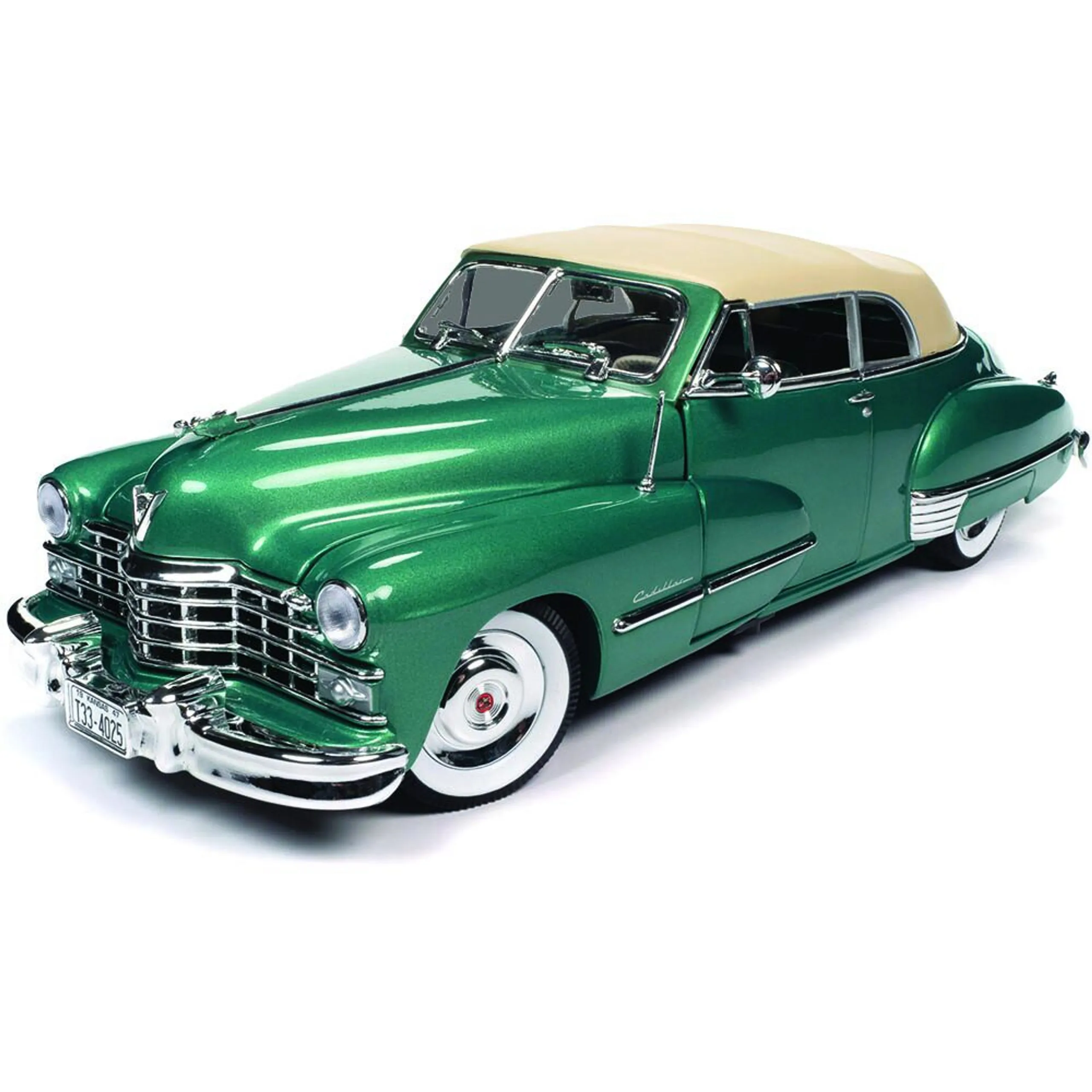
Outline the key attributes of Shop 3, its brands, and notable elements.
Shop 4 [Shop Name]
Description of Shop 4, including its reputation, customer relations, and model variety.
Key Features
List the primary characteristics of Shop 4: brands, special promotions, and anything unique.
Shop 5 [Shop Name]
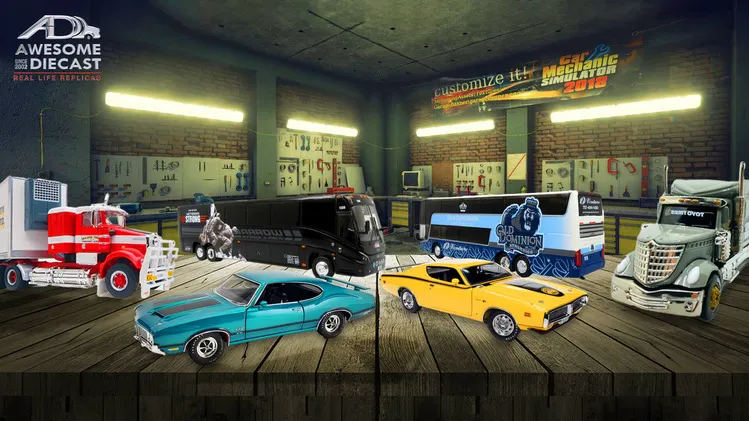
Description of Shop 5, covering its service quality, customer feedback, and model range.
Key Features
List the key features of Shop 5, including product lines and any special offers.
Shop 6 [Shop Name]
Description of Shop 6. Comment on its store experience, customer care, and model diversity.
Key Features
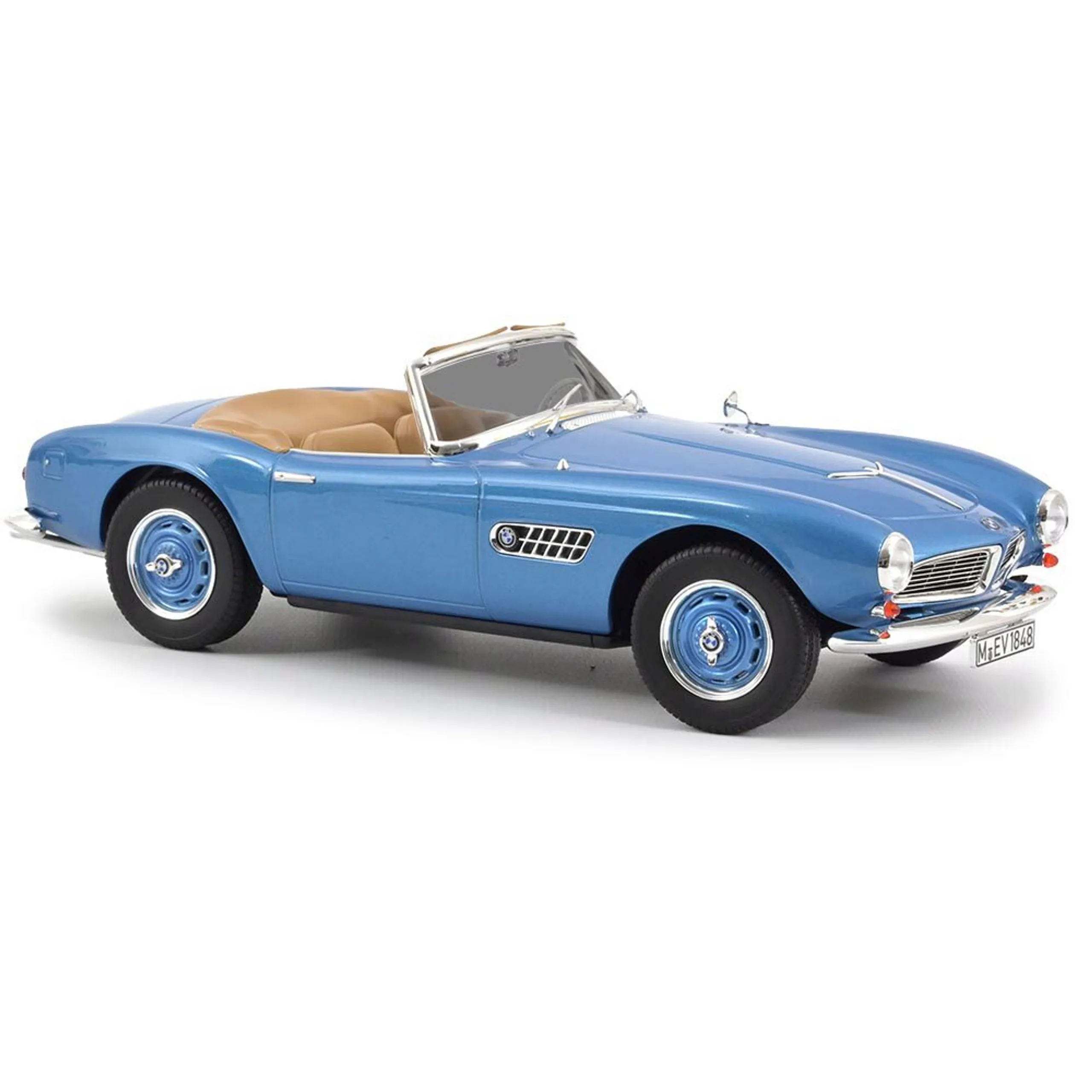
Highlight key aspects of Shop 6, its brands, and anything noteworthy.
Shop 7 [Shop Name]
Description of Shop 7, touching on store atmosphere, service quality, and available models.
Key Features
Describe the key features of Shop 7, its prominent brands, and other attractive elements.
Shop 8 [Shop Name]
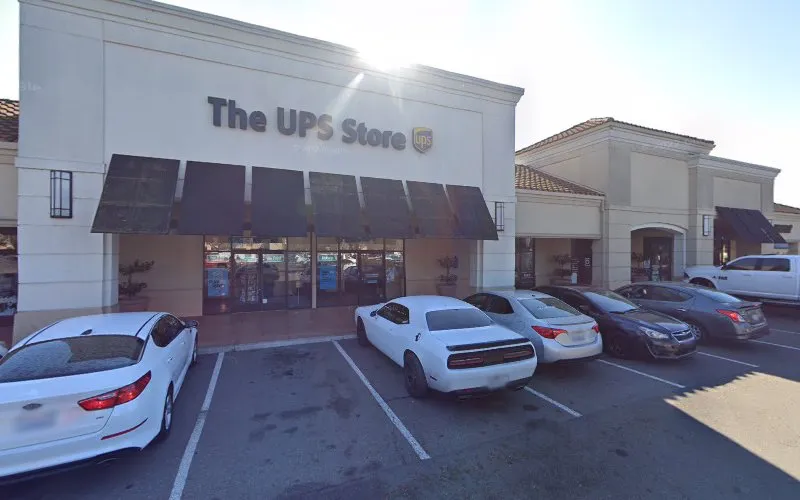
Description of Shop 8, covering its reputation, how it treats customers, and the variety of models.
Key Features
Outline the principal characteristics of Shop 8, showcasing its brands and unique features.
Shop 9 [Shop Name]
Description of Shop 9, including customer feedback, services, and its model offerings.
Key Features
Detail the key features of Shop 9, its product lines, and specific attractions.
Shop 10 [Shop Name]
Description of Shop 10. Talk about its atmosphere, customer service, and available models.
Key Features
Highlight essential features of Shop 10, its diverse brands, and unique offerings.
Tips for Finding a Great Diecast Model Store
Finding the right diecast model store requires a bit of research and planning. Consider these factors when searching for a store in your area. This will help you narrow down your search and find a store that meets your specific needs and preferences.
Read Reviews and Ratings
Online reviews and ratings from other customers can provide valuable insights into a store’s reputation and service quality. Check platforms such as Google Reviews, Yelp, and specialized hobby forums to gauge customer satisfaction. Pay attention to comments about the store’s inventory, pricing, customer service, and overall shopping experience. Reviews can help you identify stores with a strong track record and avoid those with negative feedback.
Check for Specializations
Some diecast model stores specialize in specific types of models, scales, or brands. This specialization can be a significant advantage if you are interested in a particular niche. For example, some stores may focus on vintage cars, modern sports cars, or trucks and construction vehicles. Other stores may specialize in a particular scale, such as 1:18 scale models, which are known for their detail and collectability. Consider what types of models interest you most and look for stores that cater to those interests.
Consider the Store’s Inventory
The inventory of a diecast model store is a crucial factor to consider. Look for stores with a diverse selection of models from various manufacturers and scales. A well-stocked store will offer a wide range of options, including popular models, limited editions, and rare finds. Also, check the store’s pricing. Compare prices with other stores and online retailers to ensure you are getting a fair deal. Stores that regularly update their inventory and offer new arrivals are more likely to keep collectors coming back for more.
The Future of Diecast Model Shops
Diecast model shops are evolving to meet the changing needs of collectors. Many stores are embracing online platforms to expand their reach and offer online shopping options. The increasing use of technology in the hobby, such as 3D printing and digital modeling, is also influencing the industry. Stores are also focusing on creating a more interactive and engaging experience for customers. This may include hosting events, club meetings, and offering repair and customization services. The future of diecast model shops looks promising, with a focus on customer experience and adaptation to digital platforms.
Online vs In-Store Shopping
Both online and in-store shopping for diecast models have their pros and cons. Online shopping offers convenience, a wider selection, and the ability to compare prices easily. In-store shopping provides a hands-on experience, personalized service, and the opportunity to connect with other collectors. The best choice depends on your personal preferences. If you prioritize convenience and a wide selection, online shopping may be the better option. If you value personalized service and the experience of physically examining the models, in-store shopping is ideal. Many collectors use a combination of both, browsing online to research models and then visiting a local store to make a purchase.
